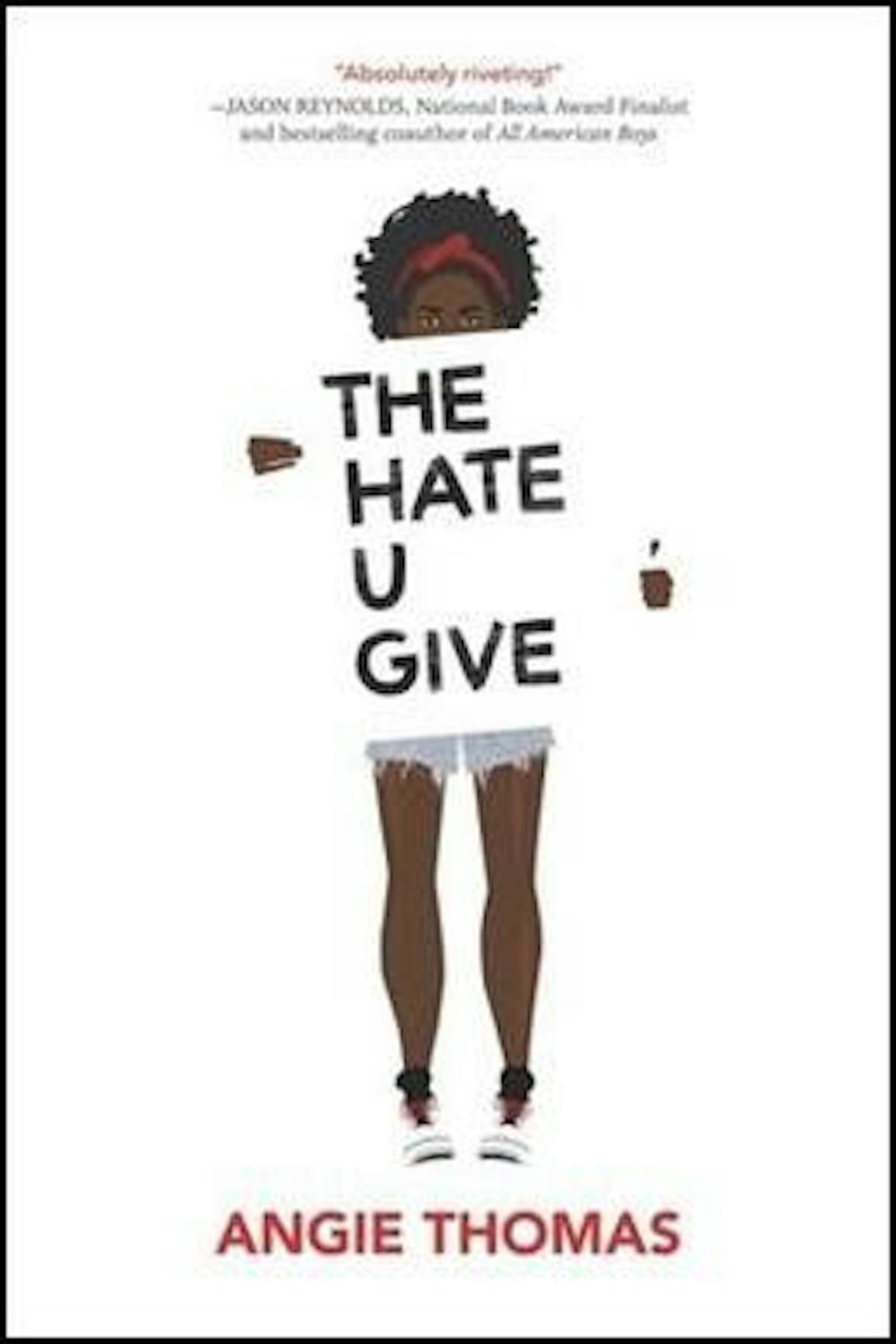“The Hate U Give” adapts the 2017 novel of the same name for the big screen. It follows high school student Starr Carter (Amandla Stenberg) as she maneuvers between her two worlds — a rich white high school and her poor black neighborhood, Garden Heights. To complicate things, she witnesses the shooting death of her friend Khalil Harris. With moving performances from the cast members and attention to detail, the film accurately depicts what it means to be black in America. However, it falls victim to colorism and diminishes its discussion on race in the process.
The star-studded cast of “The Hate U Give” delivers stirring performances. Stenberg perfectly encapsulates the personality of Starr. Stenberg’s scenes contain a raw, emotional energy — the audience empathizes with the anger of Starr when she talks about cultural appropriation, not seeing color and the other difficulties of her experience.
Meanwhile, Maverick Carter (Russell Hornsby) plays the patriarch. Essential to the movie, Hornsby complements Stenberg in their scenes together. In scenes where Stenberg portrays Starr as passionate, Hornsby steps in to deliver his lines with a dash of stoicism. Maverick and Seven (Lamar Johnson) provide the comedic relief in the film. The one-liners of Hornsby and the comedic timing of Johnson allow the audience to breathe a sigh of relief in such a tense and heavy movie.
Small details in the film aid the audience in understanding the black experience — or at least the black experience of Starr Carter. From cocoa butter sitting on the fireplace mantle to a “Harry Potter” gang theory and code-switching, viewers get to know the two worlds Starr navigates. Attention to detail in the movie helps Starr Carter come to life. Starr calls herself a sneakerhead and “Fresh Prince of Bel-Air” fan, and this aspect of her personality carries throughout the movie. The audience sees her wear sneakers to her high school prom and her childhood bedroom filled with “Fresh Prince” posters. Transferring these minute aspects from the book to the screen allows Starr to become a fully-fleshed character.
Despite all of the lessons “The Hate U Give” teaches about systemic racism and police brutality, it still practices colorism. At one point in the film, Starr laments to her boyfriend (KJ Apa), “If you don’t see my blackness, you don’t see me.” The irony in Stenberg saying these words is not lost to the audience. In the novel, Starr is described as having a medium-brown complexion and wears her natural hair. Stenberg is a few shades lighter than Starr in the novel and wears braids for most of the film. Additionally, the majority of the rest of the cast is brown skinned, and Lisa Carter (Regina Hall) wears straight hair the entire film. For a film that touches on so many important racial issues, it remains disheartening to see the issue of colorism handled with such disregard. Stenberg gives a convincing and affecting characterization of Starr Carter, but there exist a number of dark-skinned actors to portray Starr Carter without undermining the theme of the film.
“The Hate U Give” paints an authentic picture of Black America. The cast delivers poignant enactment, and the eye for detail makes it one of the better book-to-film adaptations. With its cast and message, the film joins the ranks of progressive and representative movies like “Love, Simon,” “Crazy Rich Asians” and “To All the Boys I’ve Loved Before.” While the issue of colorism glaringly detracts from the significance of the film, the movie nonetheless contains a necessary message for many audiences.





